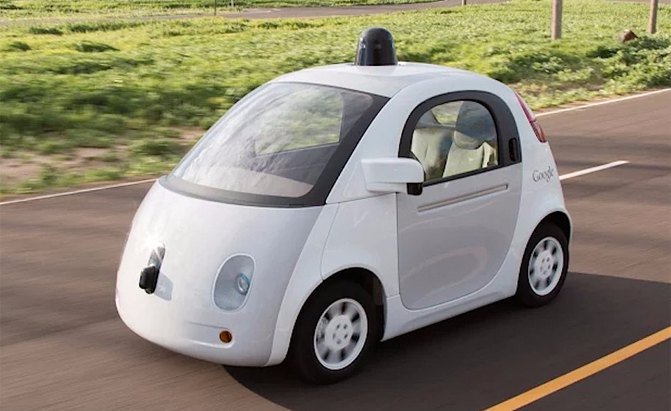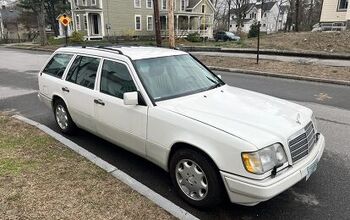Google's Autonomous Cars See 12th Accident, Virginia Opens Highways For Testing
Google acknowledges the 12th accident involving its autonomous cars, while Virginia opens 70 miles of highway to Google and others for testing.
Google’s acknowledgement of the accident was made Wednesday during the tech giant’s annual shareholders meeting, Autoblog reports. Co-founder Sergey Brin said the vehicle was stopped at a traffic light when it was rear-ended, the seventh or eighth occurrence of such a scenario per Brin.
Safety advocates want the company to release all records pertaining to the accidents so the public can know where each instance went wrong, a request reinforced by shareholder and Consumer Watchdog advocate John Simpson during the meeting. Brin gave a synopsis of each accident in response, adding Google would be open to giving more information, an action it has yet to take thus far.
The latest accident follows a disclosure made by Google in May, wherein 11 accidents involved its fleet of autonomous cars over a six-year period, with all accidents attributed to human error by the tech giant.
Meanwhile, Northern Virginia drivers may soon see Google’s autonomous cars on their way to work. Richmond Times-Dispatch says over 70 miles of highway on Interstates 95, 495 and 66, as well as U.S. 29 and U.S. 50, will become so-called Virginia Automated Corridors under the oversight of the Virginia Tech Transportation Institute. The vehicles would be first certified for safety by VTTI at its Smart Road test track in Montgomery County, and at Virginia International Raceway in Halifax County prior to highway testing.
VTTI Center for Autonomous Vehicle Systems Director Myra Blanco says the aim of the program is for Virginia to show other states how to make testing of autonomous technologies easier, adding the program would “advance the technology and… attract companies and satellite offices in the Northern Virginia area to develop these new concepts.”
Testing is set to begin within a year, with the Center providing insurance and license plates for those companies looking to prove their concepts. The Virginia Department of Transportation and Department of Motor Vehicles are partners in the program.
[Image credit: Google]
Seattle-based writer, blogger, and photographer for many a publication. Born in Louisville. Raised in Kansas. Where I lay my head is home.
More by Cameron Aubernon
Latest Car Reviews
Read moreLatest Product Reviews
Read moreRecent Comments
- MKizzy If Tesla stops maintaining and expanding the Superchargers at current levels, imagine the chaos as more EV owners with high expectations visit crowded and no longer reliable Superchargers.It feels like at this point, Musk is nearly bored enough with Tesla and EVs in general to literally take his ball and going home.
- Incog99 I bought a brand new 4 on the floor 240SX coupe in 1989 in pearl green. I drove it almost 200k miles, put in a killer sound system and never wish I sold it. I graduated to an Infiniti Q45 next and that tank was amazing.
- CanadaCraig As an aside... you are so incredibly vulnerable as you're sitting there WAITING for you EV to charge. It freaks me out.
- Wjtinfwb My local Ford dealer would be better served if the entire facility was AI. At least AI won't be openly hostile and confrontational to your basic requests when making or servicing you 50k plus investment and maybe would return a phone call or two.
- Ras815 Tesla is going to make for one of those fantastic corporate case studies someday. They had it all, and all it took was an increasingly erratic CEO empowered to make a few terrible, unchallenged ideas to wreck it.


































Comments
Join the conversation
Based on the previous article on this,the Google cars are getting rear-ended once every couple months-that seems a pretty high rate for a limited number of vehicles
All I know is keep those things away from me. I hear it's like driving near your grandmother.